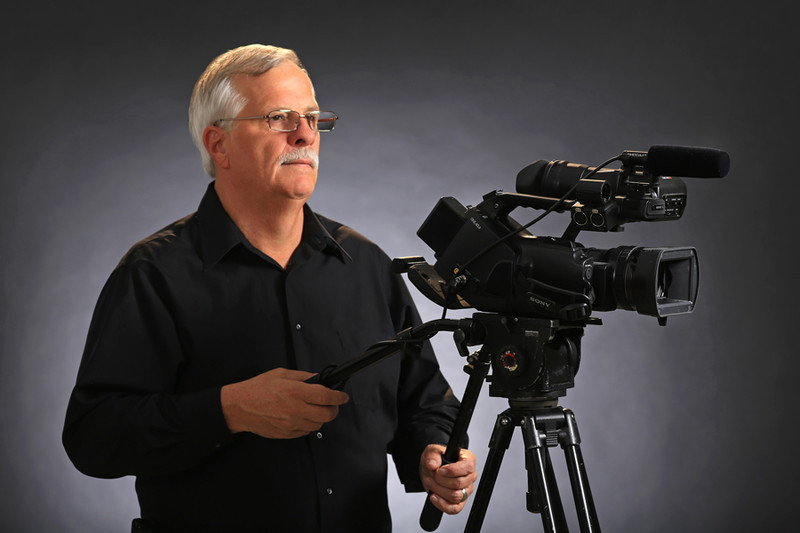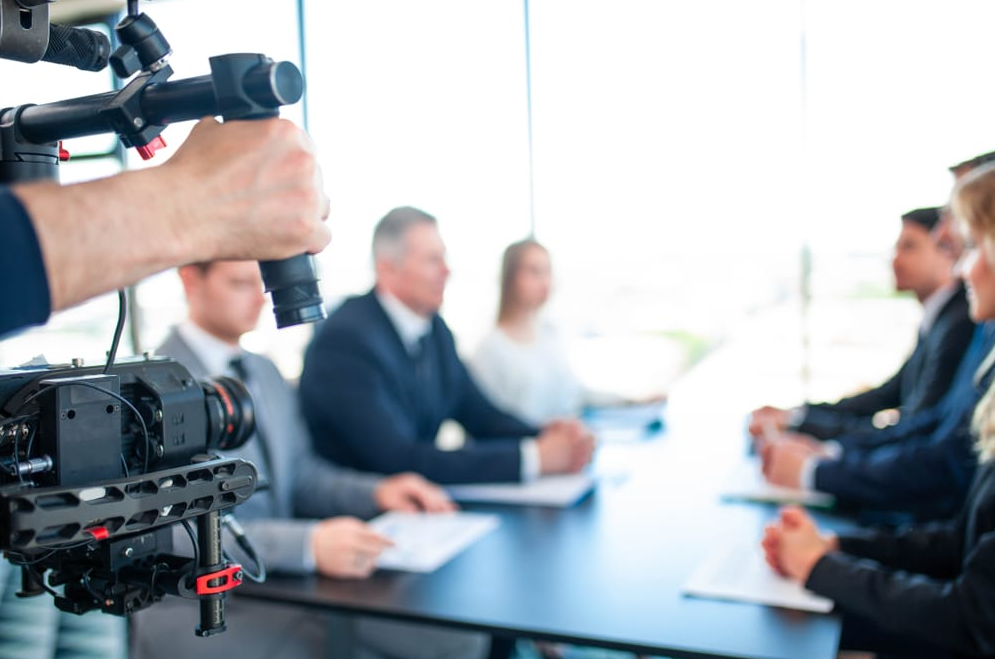Affordable Legal Videography Solutions for Cases.
The Duty of Lawful Videography in Depositions and Tests
Legal videography has arised as a crucial device in both depositions and trials, providing a multifaceted strategy to recording witness statements. By capturing not just the spoken word yet also the subtleties of non-verbal communication, this medium boosts the trustworthiness of statements and preserves critical evidence for future proceedings (legal videography). As lawyers progressively acknowledge its worth, it prompts a deeper evaluation of how these aesthetic records can affect juror perceptions and trial results. What ramifications might these developments hold for the future of lawful method?

Importance of Lawful Videography
Lawful videography plays a critical function in the documentation and presentation of depositions and tests. This specialized field integrates technological skills with legal expertise to create a reputable document of proceedings that can considerably affect instance outcomes. The appearance of lawful videography boosts the understanding of witness testament, enabling jurors and courts to observe not just the talked words but also the attitude, feelings, and body movement of the witnesses.
In enhancement, legal videography supplies an objective account of events, reducing the potential for misinterpretation that can occur with written transcripts alone. This aesthetic documents functions as a vital device during trial discussions, promoting a more clear and more persuasive narrative for both complainants and offenders. Moreover, the capability to replay video segments throughout court procedures enables lawful groups to highlight bottom lines, enhancing their disagreements efficiently.
The value of lawful videography extends beyond the courtroom; it also plays a crucial function in protecting evidence for future recommendation, whether for appeals or further lawful action. Its integration right into the legal procedure is essential for making sure a fair and precise depiction of the facts, inevitably contributing to the quest of justice.

Refine of Legal Videography
While capturing the nuances of depositions and trials, the procedure of lawful videography involves several important actions that ensure premium, exact recordings. Originally, a professional legal videographer prepares by evaluating the situation products and recognizing the particular needs of the deposition or test. This prep work includes familiarizing themselves with the participants and the context, which helps in catching essential information.
On the day of the recording, the videographer establishes up the needed tools, which commonly consists of high-def electronic cameras, microphones, and correct lights. Ensuring optimal angles and sound quality is crucial, as it straight influences the performance of the recording. The videographer connects with lawyers and participants to establish methods, making certain that every person recognizes the recording process.
During the deposition or test, the videographer diligently videotapes the procedures, paying close interest to both verbal and non-verbal signs. This consists of catching the behavior and reactions of witnesses and lawyers. After the session wraps up, the videographer may modify the video for clearness and compliance with lawful requirements, producing a last item that accurately navigate to this website mirrors the procedures for future reference and usage in legal contexts.
Benefits in Depositions
The unification of videography in depositions provides numerous benefits that improve the total procedure of gathering proof. One primary advantage is the capability to record witness statements with visual and acoustic fidelity, supplying a much more exact depiction of the witness's behavior, tone, and body language. This multidimensional technique enables attorneys and juries to assess reputation much more effectively than standard written transcripts alone.
In addition, videographed depositions act as an effective device for protecting testament. Ought to a witness come to be unavailable for test, their videotaped deposition can be played in court, guaranteeing that their proof remains easily accessible and relevant. This element dramatically reduces the danger of shedding essential info that can impact situation results.

Finally, videography enhances the overall professionalism and reliability of the deposition process, instilling confidence in clients regarding the thoroughness of their legal depiction (legal videography). By leveraging modern technology, attorneys can substantially enhance the efficiency of depositions
Effect On Trials
In many tests, the assimilation of videography can substantially influence the presentation of proof and the court's understanding. Legal videography captures witness testaments and important evidence in a dynamic layout, enabling jurors to engage with the material on numerous levels. This aesthetic part boosts the narration facet of a trial, providing context and psychological resonance that traditional text-based proof may do not have.
Additionally, video recordings can function as effective tools for impeachment throughout cross-examination. When discrepancies develop between a witness's previous statements and their court room statement, video clip evidence provides an unbiased reference that can persuade jurors' opinions. This immediacy and quality can reinforce the credibility of an event's narrative while all at once weakening opposing debates.

Future Trends in Legal Videography
As we look toward the future of legal videography, several emerging trends promise to reshape its role within the courtroom. One significant trend is the integration of expert system (AI) in video clip evaluation and editing and enhancing. AI can simplify the procedure of determining crucial moments in tape-recorded depositions, allowing attorneys to quickly access pertinent web content, therefore improving effectiveness in case preparation.
Furthermore, the surge of online truth (VR) and augmented fact (AR) modern technologies is expected to transform just how jurors experience proof. legal videography. By immersing jurors in a simulated setting, these innovations can offer a more extensive understanding of complicated scenarios, leading to even more informed considerations
Additionally, the enhancing need for remote depositions, sped up by the check my reference COVID-19 pandemic, will likely continue. Lawful videographers will require to adjust to new software program and platforms to ensure high-grade recordings in digital settings.
Lastly, the expanding emphasis on information protection will require stricter methods for storing and sharing video clip evidence. As the lawful landscape evolves, lawful videographers must remain abreast of these trends to preserve their relevance and efficiency in the judicial procedure.
Final Thought
In summary, legal videography offers a crucial function in the judicial process, improving the stability of depositions and tests. As modern technology continues to develop, legal videography is poised to additional change its duty within the lawful landscape.